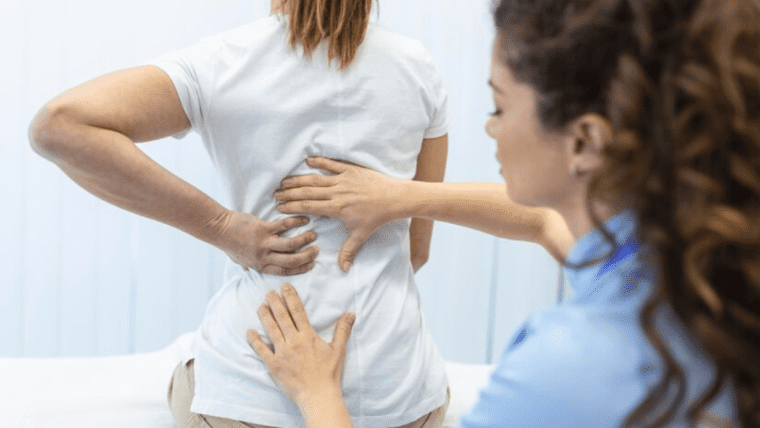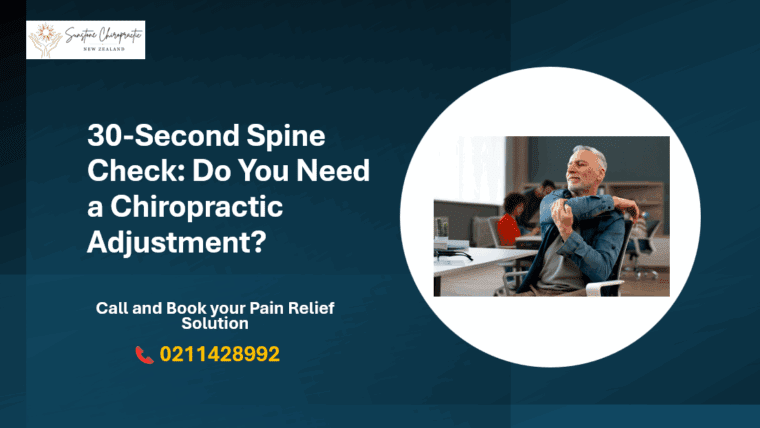What is a Herniated Disc? Causes, Symptoms, and Chiropractic Treatment Options
A herniated disc, also known as a slipped or ruptured disc, is a condition that can cause significant pain and discomfort. It occurs when the gel-like center of a spinal disc (nucleus pulposus) pushes through a weakened area of the surrounding outer disc (annulus fibrosus). This can result in nerve compression, leading to a variety of symptoms, ranging from mild discomfort to severe pain.
In this article, we will explore the causes, symptoms, and chiropractic treatment options for a herniated disc, with a special focus on chiropractors in Auckland, Papatoetoe, and NZ.
Causes of a Herniated Disc
A herniated disc typically occurs due to the gradual wear and tear of the spine over time, a process called disc degeneration. The disc’s outer layer can become weak or damaged, and the inner material can protrude through the tear. However, a herniated disc can also be caused by sudden trauma or injury to the spine, such as lifting a heavy object improperly or a car accident.
Other risk factors that can contribute to a herniated disc include:
- Age: As you age, the discs in your spine lose water content, making them more prone to damage.
- Obesity: Extra weight places additional strain on your spine and discs.
- Genetics: Some individuals may inherit a higher likelihood of developing a herniated disc.
- Sedentary Lifestyle: Lack of exercise can weaken muscles, increasing the risk of a disc injury.
- Repetitive Stress: Jobs or activities that involve repetitive bending or lifting can contribute to disc issues.
Symptoms of a Herniated Disc
The symptoms of a herniated disc vary depending on the location of the disc and the severity of the condition. Common symptoms include:
- Back or Neck Pain: Pain may occur in the lower back or neck, depending on the location of the herniated disc.
- Sciatica: A herniated disc in the lower back can put pressure on the sciatic nerve, causing pain, tingling, or numbness that radiates down one leg.
- Numbness or Weakness: You may experience weakness or numbness in the muscles controlled by the affected nerves.
- Pain with Movement: Certain movements like bending, lifting, or twisting can worsen the pain.
- In severe cases: Loss of bladder or bowel control (rare, but requiring immediate medical attention).



